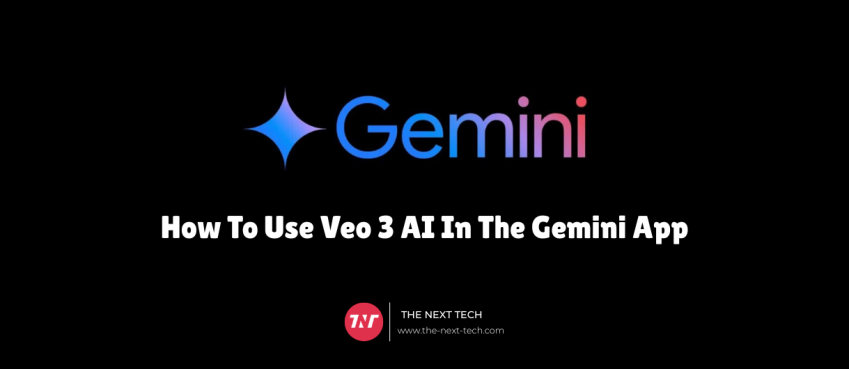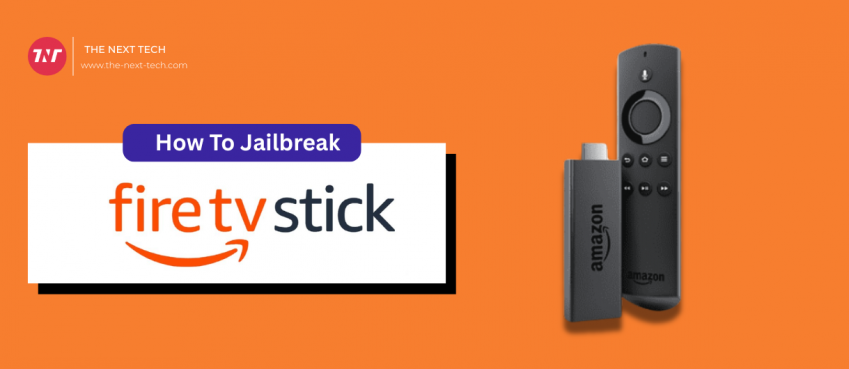
By 2020, mobile apps have turned into a commercial engine dominating business conversion and building customer loyalty.
Having started mobile app development, you may soon feel the need for a server to host the app, to serve the content to users, and generate most of the app features.
What Is Mobile App Hosting?
A mobile app hosting makes the app available from a server or a cloud accessed via the Internet. Hosted apps allow for flexibility, easy deployment having minimal integration requirements, and have a lower risk of system corruption.
Since the whole infrastructure is maintained by the hosting provider, the latter will be poised to manage it on a large scale. That includes regular server updates, managed backups, antivirus, etc.
Do All Mobile Apps Need Hosting?
For the vast majority of current apps, yes. However, it depends on the type of app and its requirements. Standalone offline games (Tetris with no leaderboard) or utility apps (Notepad, Media Player, or something similar to Microsoft Word) don’t need hosting and the backend, either.
However, once your mobile app requires heavy processing, data storage, or other server-side functions made available, you need to run it on a server or one of the cloud services.
For instance, such apps like WhatsApp and Facebook store users’ data in their servers whereas user authentication, user interaction, and other features also depend on the server.

Mobile App Hosting Types
There are four main types of mobile apps hosting available:
- Shared hosting,
- Dedicated server hosting,
- VPS hosting,
- Cloud hosting.
Shared Hosting
Shared hosting means there are the same server and resources used by hundreds of other apps. There is a preconfigured server-side software and OS.
In most cases it’s a good match for businesses stepping into mobile app hosting as it’s cheap, easy to use, and is accompanied by a set of general services.
Its advantages comprise the chance to get reasonably good storage, speed, backups, conditioned bandwidth, module installation services, and mailboxes.
However, shared hosting has some limitations when it comes to data storage, app speed, and the number of users meaning it’ll be suitable for low-traffic apps.
The hosting conditions will differ depending on a provider. The best-known are HostGator, Hostwinds, Hostinger, and others.
Also read: DDR4 vs DDR5: Tech Differences, Latency Details, Benefits & More (A Complete Guide)
Dedicated Server Hosting
The concept of dedicated server hosting is that it hosts only your app. This type of hosting will come in handy once your app has a certain technical level requiring stable resources, higher speed, and larger memory capacity.
The dedicated server provides various data storage space models, fast bandwidth, high security and performance.
Using it, you’ll not get full control over the pre-installed software and OS, however, the entire server is at your service with no virtualization included.
The most popular dedicated hosting services are Liquid Web, InMotion Hosting, Bluehost, etc.
VPS Hosting
VPS hosting uses OS virtualization ensuring a big server can run various OSs as virtual machines. Compared to the previous hosting types, VPS provides complete control over both OS and software.
VPS benefits include increased reliability as few servers can be hosted on one node, dedicated resources enabling to cope with more traffic, improved efficiency and performance. VPS has moderate security as once the hypervisor is compromised the vulnerability might be an issue.
Good providers will deliver regular security patches and updates. A2 Hosting, DreamHost, GreenGeeks, etc. are ranked among popular ones.
Also read: 5 Best Resource Capacity Planning Tools for Teams
Cloud Hosting
Backend development is a complicated and costly process. Building a mobile app is an unduly time-consuming process as there’s a need to undergo typical scenarios such as sending push-notifications, collecting the number of users placed the order, etc.
To make it possible to focus on vital processes without sacrificing quality and features of those being secondary, mBaaS (Mobile Backend as a Service) appeared. MBaaS simplifies backend development, assumes full responsibility for server stability, load balancing, scalability, reliability, and more.
Here are the most popular mBaaS providers compared:
- Microsoft Azure.
It’s an IaaS (Infrastructure as a Service) containing BaaS functionality and helping to develop the backend for mobile apps.
It features push-notifications processing, automatic scaling, data synchronization, integration with social networks, app performance tracker, app crashes localization, etc.
Azure servers are located in 54 countries, which increases the chance to find something suitable in terms of server latency. You can find Microsoft Azure pricing policy and documentation here and here.
- AWS Amplify.
AWS (Amazon Web Services) is another IaaS entailing the set of functionality called AWS Amplify (or enhances AWS Mobile Hub).
It helps to configure apps including server logics, user authentication, data storage, content processing and distribution, notifications, etc. Amazon Pinpoint allows for user segmentation and targeting strategies launch. Amazon gives access to detailed documentation and supports both REST and GraphQL.
- Google Firebase.
It’s one of the most popular tools of mBaaS service used by Duolingo, Shazam, Lyft, and others. The service combines full-fledged backend features such as data storage, synchronization, user authentication, and embedded Google Analytics, user segmentation, Crashlytics and Fabric to track app errors, easier integration, etc.
Firebase has ML Kit enabling machine learning expertise to apps. Google Firebase offers 3 ways of payment: Spark (free), Flame Plan, and Blaze Plan.
Apple CloudKit, Kinvey, SashiDo, and Kumolos are among the widely accepted providers as well.
Also read: 7 Best Instagram Font Generators (Apps & Websites)
Summing It Up
Weighing up the hosting prerequisite, the mobile app requirements underpinning it, and the budget, it’d be possible to choose the right way to follow.
All mobile app hosting types deserve attention, yet mBaaS provides one of the best advantages, especially when time-to-market matters a lot.
Top 10 News
-
01
Top 10 Deep Learning Multimodal Models & Their Uses
Tuesday August 12, 2025
-
02
10 Google AI Mode Facts That Every SEOs Should Know (And Wha...
Friday July 4, 2025
-
03
Top 10 visionOS 26 Features & Announcement (With Video)
Thursday June 12, 2025
-
04
Top 10 Veo 3 AI Video Generators in 2025 (Compared & Te...
Tuesday June 10, 2025
-
05
Top 10 AI GPUs That Can Increase Work Productivity By 30% (W...
Wednesday May 28, 2025
-
06
[10 BEST] AI Influencer Generator Apps Trending Right Now
Monday March 17, 2025
-
07
The 10 Best Companies Providing Electric Fencing For Busines...
Tuesday March 11, 2025
-
08
Top 10 Social Security Fairness Act Benefits In 2025
Wednesday March 5, 2025
-
09
Top 10 AI Infrastructure Companies In The World
Tuesday February 11, 2025
-
10
What Are Top 10 Blood Thinners To Minimize Heart Disease?
Wednesday January 22, 2025







